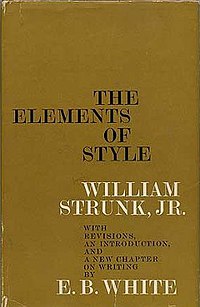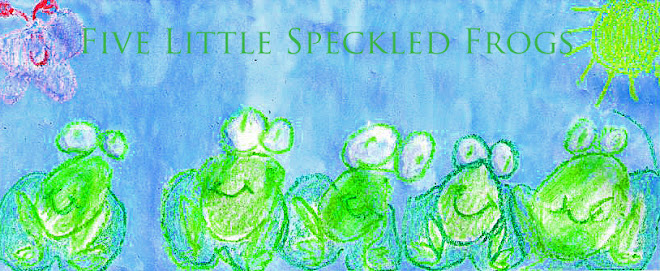
Yes, my birthday was almost three months ago, and no, Jordan did not give me a late birthday gift. He gave this book to me right on my birthday. I opened it a day later, read the introduction, thought, "hmmmmm", and put it down on my nightstand where it sat undisturbed until last Saturday.
Do I, someone who was one of three people in my High School to pass the AP English test, need such a book?
Do I, someone who graduated from college with the degree summa cum laude, need such a book, I ask you?
I was sure Jordan was just being nice, looking for a unique but useful gift. I'm now wondering if he was actually giving me a hint. And when I think about it, it has been 15 or more years since either of the above mentioned events happened. Though I may have been decently smart once, all of a sudden I realize that now I am an idiot.
It's okay, though.
Because this book is going to change all that. Soon you will see posts with commas, and (?) other punctuation marks whose names I cannot think of right now, used perfectly. Though maybe not so soon, after all.
I started reading this 85 page book on Saturday. I am on page 13. This stuff is hard. This is what my mind mostly does while reading this book:
"What?"
"Okay, what did that just say?"
"Crap, doesn't it say here anywhere what a gerund and a verbal participle are?"
"Really, it has to say somewhere here what a gerund and a verbal participle are before it tells me what to do with them."
"Let me read ahead a little."
"Crap."
"I'm going to have to go Google gerund and verbal participle."
(Reading from the internet now):
In linguistics, "gerund" is a term used to refer to various non-finite verb forms in various languages:
- As applied to English, it refers to the usage of a verb (in its -ing form) as a noun (for example, the verb "learning" in the sentence "Learning is an easy process for some"). This is also the term's use as applied to Latin; see Latin conjugation.
In
linguistics, a
participle (adjective participial, from Latin
participium, a
calque of Greek μετοχη "partaking") is a derivative of a
non-finite verb, which can be used in compound
tenses or
voices, or as a
modifier. Participles often share properties with other parts of speech, in particular
adjectives and
nouns.
(Side note: I couldn't even find a definition for a VERBAL participle. Are you sure about this book, Jordan?)(Reading from book again after mind stops stressing from above definitions):
"Crap."
"I'm stupid."
"Hey, I know what a pronoun is!!! Yay! I'm so smart. How could anyone not know this?"
"A subjective pronoun? A prepositional pronoun? A possessive pronoun? An indefinite pronoun?"
"This book is dumb."
Help! I must finish it. It was a birthday present after all.
 Probably no one is very interested to know what page I am on in my love-hate relationship with this book, but I'm still noting here that I am now on page 26. And even though I am a little offended that Jordan says I should blog, but then proceeds to ignore my blog, (I know he cannot be very busy with law school, so whatever) I am still blogging, as you can see.
Probably no one is very interested to know what page I am on in my love-hate relationship with this book, but I'm still noting here that I am now on page 26. And even though I am a little offended that Jordan says I should blog, but then proceeds to ignore my blog, (I know he cannot be very busy with law school, so whatever) I am still blogging, as you can see.
